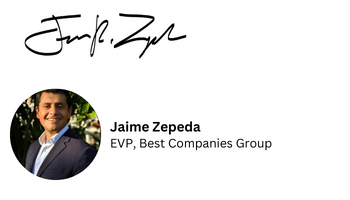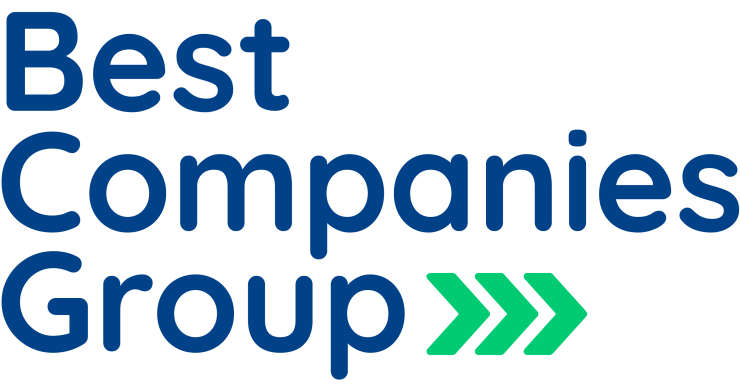In today’s rapidly evolving work environment, one generation is making waves like no other—Gen Z. Want proof? Check out this latest piece from Newsweek focused on Gen Z cops being unwilling to work the weekend.
As someone deeply invested in organizational development, I’ve had the privilege of working closely with many young leaders. Their fresh perspective and unique approach to work are not only changing the game but also challenging long-standing norms in the workplace.
A Reset in Workplace Expectations
Gen Z is entering the workforce with a clear vision of what they want from their careers. Unlike previous generations, they place less emphasis on salary and more on finding workplaces that align with their values. They seek out organizations that offer community, growth opportunities, and a genuine commitment to developing their skills. This shift is significant and calls for a reevaluation of how companies operate and engage with their employees.
To attract and retain Gen Z talent, companies must foster a culture that prioritizes teaching and training. This involves more than just onboarding; it requires a sustained commitment to mentorship, development, and monitoring how Gen Z feels about the workplace. By investing in young professionals early, companies can boost productivity, enhance team efficiency, and improve retention rates. It’s a strategy that pays dividends, both for the organization and its employees.
Creating a Culture of Kind Leadership
The concept of kind leadership is central to Gen Z’s expectations. Being a kind leader goes beyond basic management; it involves authenticity, active listening, and a commitment to the growth of every team member. Kind leaders provide constructive feedback, support their team’s professional development, and create an environment where everyone feels valued and heard.
A study published by Frontiers in Psychology in 2021 found that authentic leaders significantly boost employee performance by fostering a strong connection with their organization. When employees understand their role in the bigger picture, they are more motivated and creative. This sense of purpose is a powerful driver of success in any organization.
Investing in Gen Z Leaders
Early investment in Gen Z’s leadership potential is crucial. Organizations should provide young professionals with leadership challenges and opportunities to learn from seasoned mentors. According to a 2022 study by Behavioral Sciences, productivity increases when employees feel empowered. This empowerment comes from having a voice, being included in important meetings, and being given the space to ask questions and grow.
For this investment to be effective, it’s also essential to train mid-level and senior managers to be kind leaders. These managers need to be confident enough to place young team members in the spotlight and support their growth. Success should be measured by the achievements of the team, not just individual performance. This approach fosters a culture of collaboration and creativity, essential for any organization’s long-term success.
Building Resilience Through Kindness
Resilience is another key trait that Gen Z values. Kind leaders help build this resilience by guiding their team through difficult moments and using them as learning opportunities. When leaders admit their mistakes and share their learnings, they create a culture of transparency and growth. This not only helps Gen Z employees build confidence but also fosters a supportive and resilient work environment.
The organizations that will thrive in the future are those that understand and embrace the unique strengths of Gen Z. This generation is not “lazy” or “entitled”; they are driven by values and a desire for meaningful work. By fostering kind leadership, investing in young talent, and building a resilient culture, companies can harness the full potential of Gen Z and set the stage for continued success.
As we navigate this new era of work, let’s remember the lessons learned from young leaders who teach us the power of kindness and connection. By integrating these principles into our workplaces, we can create environments where everyone, especially our emerging Gen Z leaders, can thrive.


